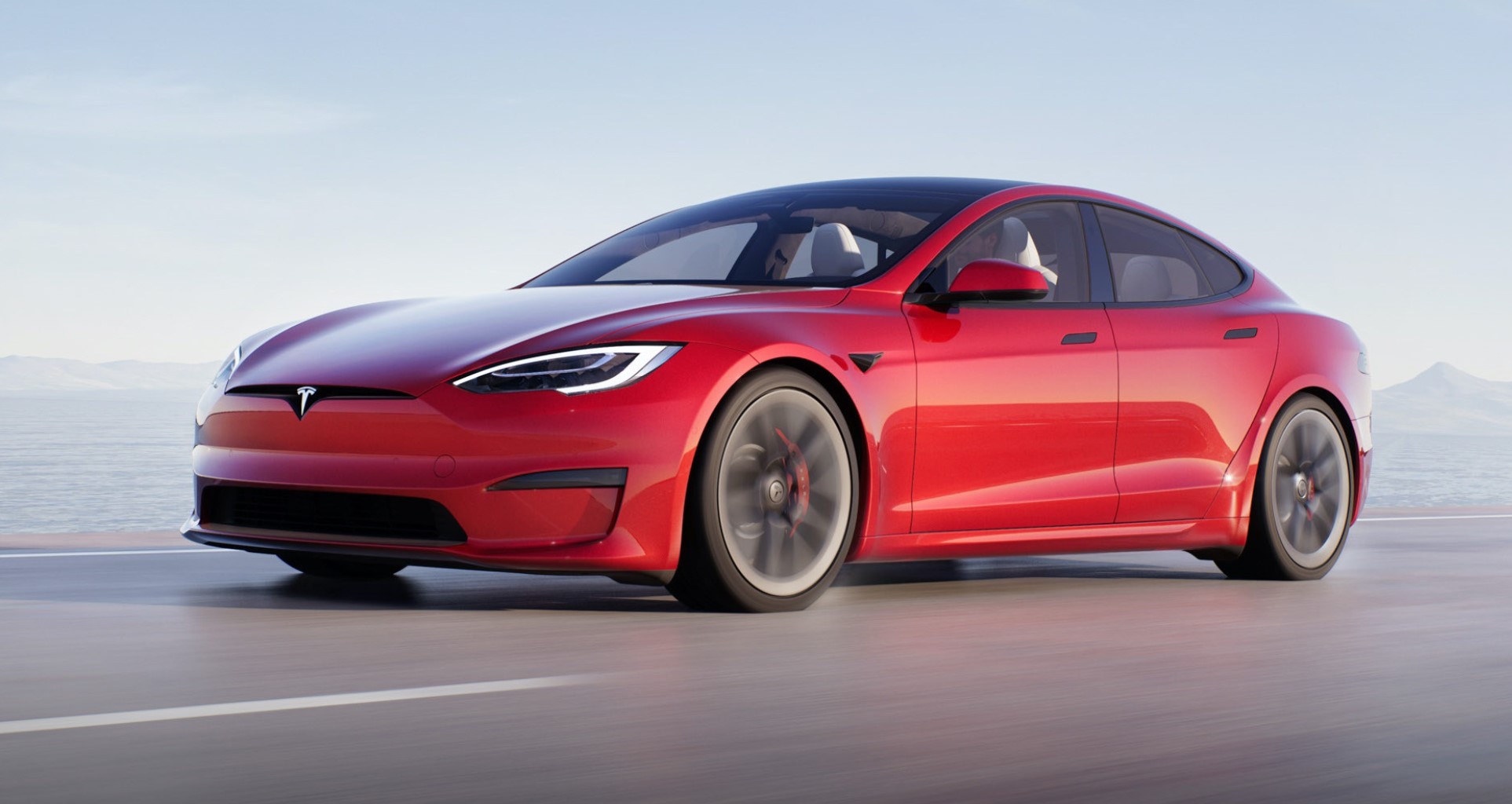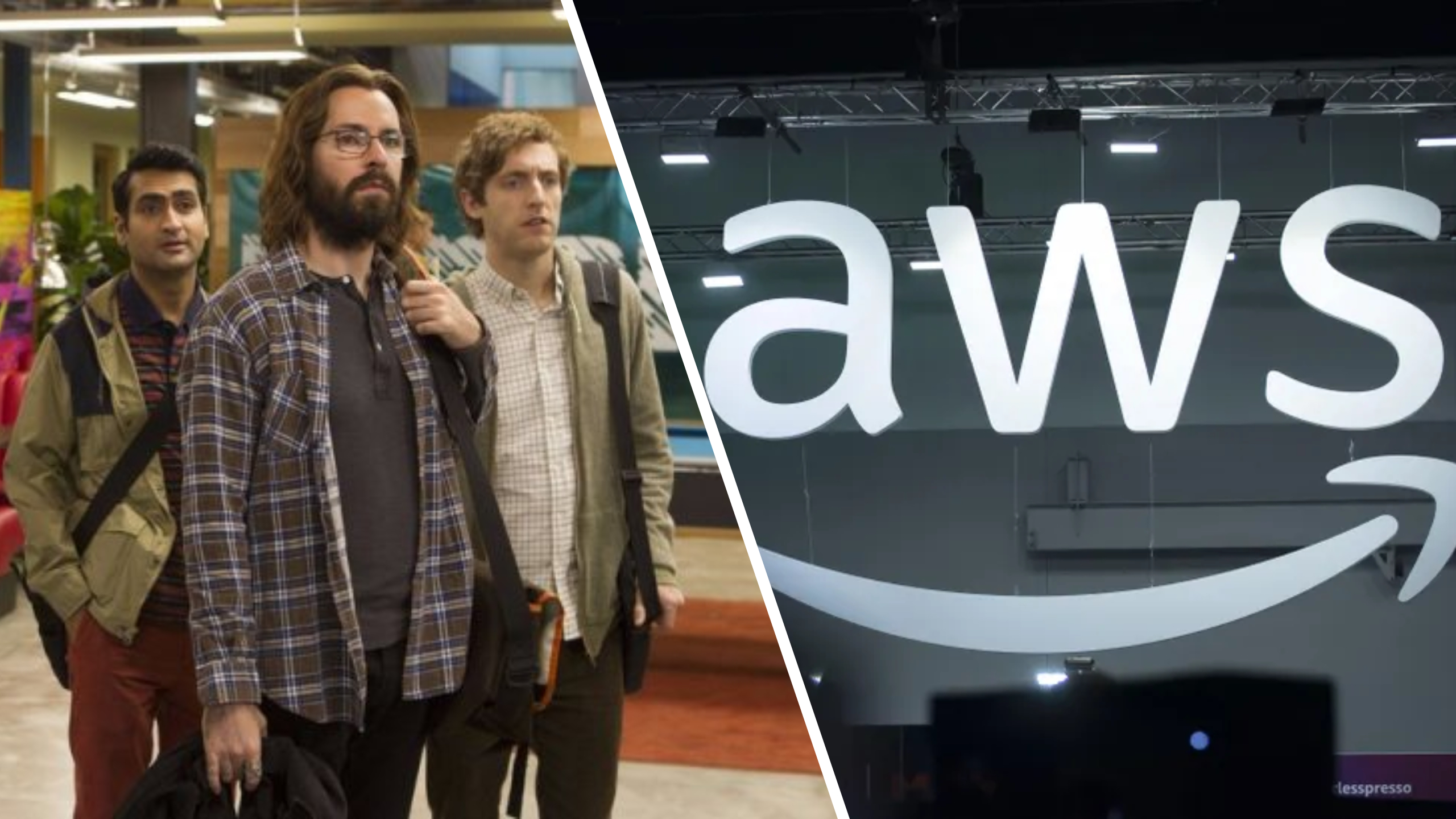Tesla agrees to pay $1.5 million over battery throttling lawsuit
That works out at $625 for each affected driver

Here at Tom’s Guide our expert editors are committed to bringing you the best news, reviews and guides to help you stay informed and ahead of the curve!
You are now subscribed
Your newsletter sign-up was successful
Want to add more newsletters?

Daily (Mon-Sun)
Tom's Guide Daily
Sign up to get the latest updates on all of your favorite content! From cutting-edge tech news and the hottest streaming buzz to unbeatable deals on the best products and in-depth reviews, we’ve got you covered.

Weekly on Thursday
Tom's AI Guide
Be AI savvy with your weekly newsletter summing up all the biggest AI news you need to know. Plus, analysis from our AI editor and tips on how to use the latest AI tools!

Weekly on Friday
Tom's iGuide
Unlock the vast world of Apple news straight to your inbox. With coverage on everything from exciting product launches to essential software updates, this is your go-to source for the latest updates on all the best Apple content.

Weekly on Monday
Tom's Streaming Guide
Our weekly newsletter is expertly crafted to immerse you in the world of streaming. Stay updated on the latest releases and our top recommendations across your favorite streaming platforms.
Join the club
Get full access to premium articles, exclusive features and a growing list of member rewards.
The lawsuit alleging Tesla used a software update to throttle charging speed and maximum battery voltage on some Model S cars is over. And Tesla has agreed to pay up.
The offending update was released back in 2019 and affected roughly 1,743 vehicles, according to plaintiffs. And Tesla has now agreed to pay the owner of each affected vehicle $625 as part of a proposed settlement (via Reuters)
- Everything you need to know about the Tesla Model S Plaid
- Tesla Model S vs Model 3: What's the difference?
- Plus: Biden executive order demands 50% electric cars by 2030
Certain Tesla Model S cars experience drops in range of around 12 to 30 miles following the 2019.16.2 software update, which also reduced the speed of DC rapid charging at Tesla's Supercharger stations.
At the time, Tesla told Elektrek that the update was designed to “protect the battery and improve longevity” and that it only affected “a small percentage of owners”.
However, those owners weren’t happy, and the result was that Tesla has been sued in multiple territories in an attempt to get compensation. One lawsuit in Norway led to the company being ordered to pay 136,000 kroner ($16,000) to thousands of affected customers. Tesla is appealing that decision.
In the U.S. it appears everything is all sorted out, and the final result involves a $1.5 million settlement. That includes the compensation for affected users and $410,000 in the plaintiffs’ legal fees and costs.
The owners’ lawyers did their own investigation and claimed that “voltage limitation was temporary, with a 10% reduction lasting about 3 months, and a smaller 7% reduction lasting another 7 months before the corrective update was released in March 2020. Following that second update, the vehicles’ voltage showed steady restoration over time.”
Get instant access to breaking news, the hottest reviews, great deals and helpful tips.
Tesla’s own data claims that 1,552 vehicles had their maximum battery voltage restored, while 57 vehicles had battery replacements. Other vehicles should see their maximum voltage restored over time, according to the court documents.
This settlement is “many times the prorated value of the temporarily reduced maximum voltage, and thus represents an excellent and efficient result for the Settlement Class”, according to court documents. It's not entirely clear how plaintiffs will receive their money, though a U.S. district court judge is set to convene a hearing on the proposed settlement on December 9.
While that’s still a way off, this hopefully means Tesla will think twice before trying this sort of thing again. Or, at the very least, it will give drivers who might be affected plenty of warning and explanation as to why.
- More: Here are the best electric cars you can buy right now

Tom is the Tom's Guide's UK Phones Editor, tackling the latest smartphone news and vocally expressing his opinions about upcoming features or changes. It's long way from his days as editor of Gizmodo UK, when pretty much everything was on the table. He’s usually found trying to squeeze another giant Lego set onto the shelf, draining very large cups of coffee, or complaining about how terrible his Smart TV is.
 Club Benefits
Club Benefits










